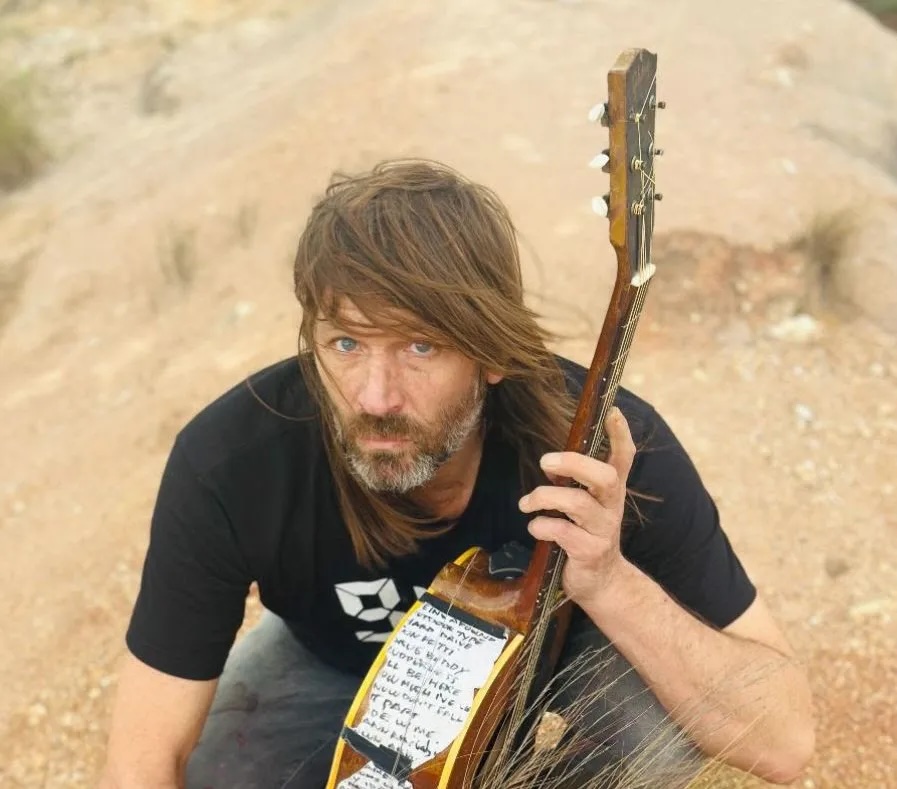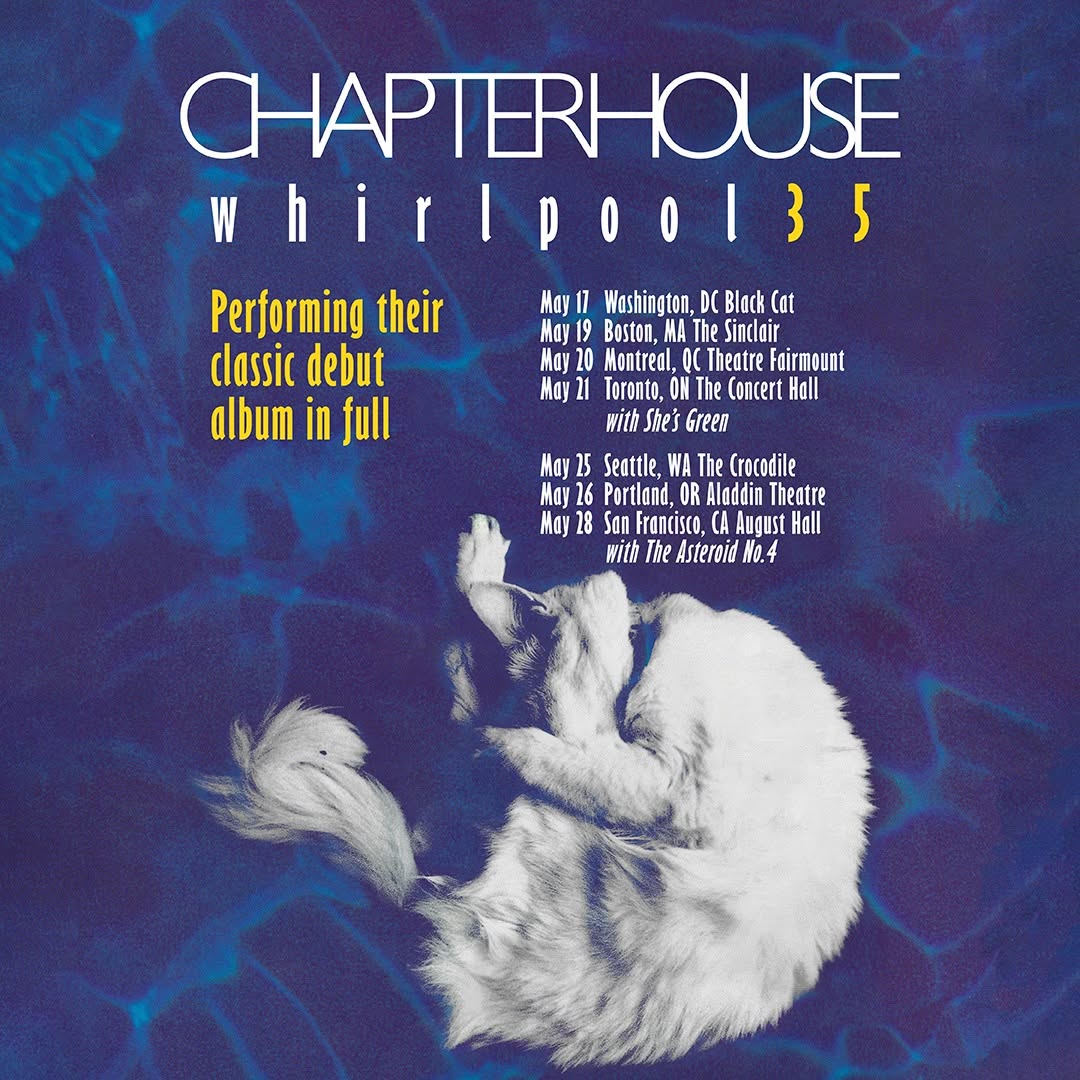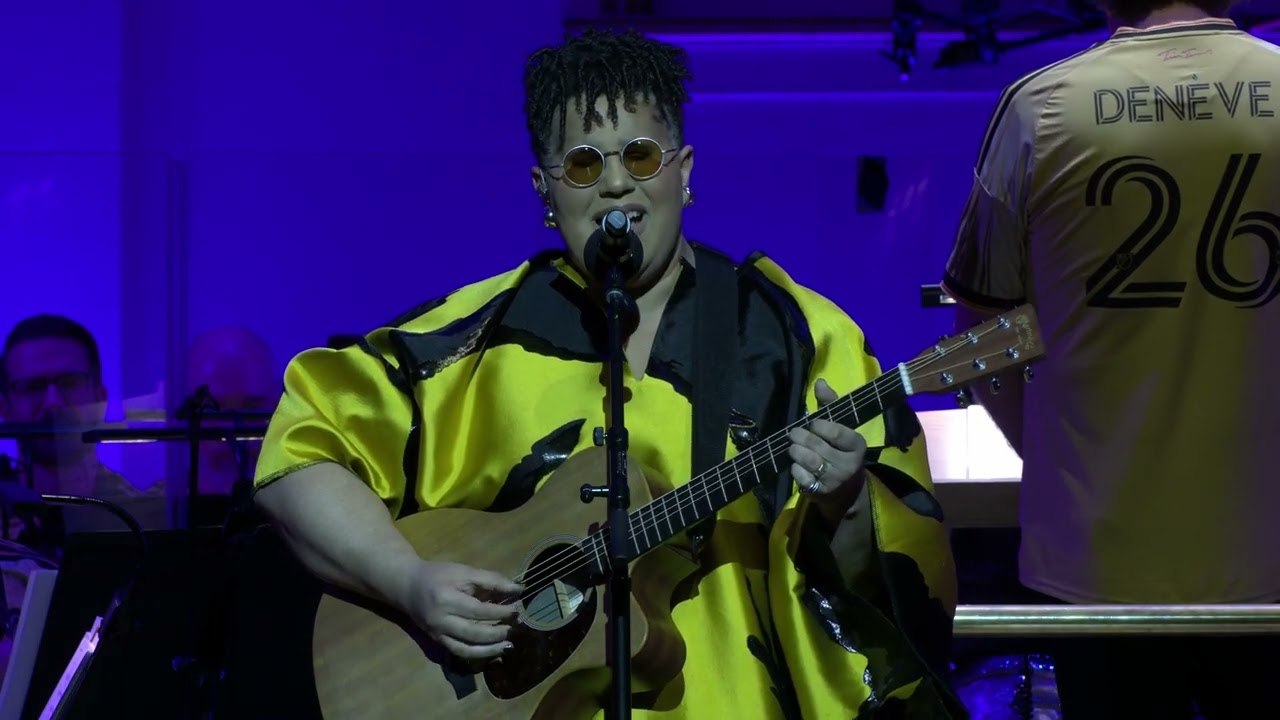It's not often that a judge halts a movie before it comes out, but an extraordinary injunction has come on a film titled Street Survivor: The True Story of the Lynyrd Skynyrd Plane Crash.
In an opinion out on Monday, U.S. District Court judge Robert Sweet writes, "Cleopatra is prohibited from making its movie about Lynyrd Skynyrd when its partner substantively contributes to the project in a way that, in the past, he willingly bargained away the very right to do just that; in any other circumstance, Cleopatra would be as 'free as a bird' to make and distribute its work."
Ronnie Van Zant and Steve Gaines were two Lynyrd Skynyrd members who were killed in a 1977 plane crash. According to lore, survivors took a "blood oath" never to use the name Lynyrd Skynyrd again. That pact was tested a decade later by a "Lynyrd Skynyrd Live" album in conjunction with a 1987 tour. Afterwards, the parties entered into a settlement agreement, adopted by a judge as a "Consent Order." One of the signatories was Artimus Pyle, a former drummer for the band which popularized Southern rock. He attempted to put his signature to the order "under protest."
When word of Street Survivor got around, heirs of Van Zant and Gaines as well as founding lead guitarist Gary Rossington sued the makers and alleged Pyle assisted the making of the movie in violation of his agreements.
The filmmakers argued that Street Survivor didn't and wouldn't represent any authorization from the band, that the production company wasn't a party to the agreements, and that the film constituted free speech. "This is a case in which the defendant has an affirmative constitutional right to engage in the speech for which it is being sued: in producing and releasing the film, Cleopatra is exercising its right to make a film about a newsworthy event from the past, a form of constitutionally protected free speech," wrote Cleopatra's lawyer.
"Cleopatra misstates the nature of this case," replied the other side. "Cleopatra is free to make a movie about Lynyrd Skynyrd and/or about the plane crash. What Cleopatra is not free to do, however, is to make such a movie in concert and participation with Pyle in violation of the restrictions imposed on him by the Consent Order."
The judge ordered up an expedited trial, and after hearing evidence, he has now sided with the heirs.
According to Sweet's findings of fact, Cleopatra paid Pyle to fly out to Los Angeles in June 2016 to discuss his involvement. An interview would later be used to create the film's screenplay. Pyle signed an agreement with Cleopatra that entitled him to five percent of the film's net receipts and a "consultant" or "co-producer" credit. He was also contracted to narrate the film, make a cameo appearance in it, and contribute an original song to the film. In his meetings, Pyle didn't tell the filmmakers about the consent order, but did inform them of the litigious history over Lynryd Skynyrd. After Pyle became involved, and news articles were written about the production, plaintiffs sent Celopatra a cease and desist letter.
Sweet determines in his opinion that just because Pyle attempted to notate the consent order "under protest," that doesn't render his signature nonconsensual.
"As such, the evidence supports the conclusion that there was a 'meeting of the minds' at the time the Consent Order was signed, and the circumstances here foreclose Cleopatra's ability to argue that Pyle is not bound by the strictures of the Consent Order," states the opinion.
The judge then goes on to conclude that Cleopatra can be bound by the consent order.
"If there was a violation of the Consent Order by Pyle, it is within the power of the Court to enjoin those acting in concert with him, not 'to force non-parties to abide by the terms of that order,' but 'insofar as [it is] essential to the implementation of that order.'"
Sweet says the defendants have violated the consent order and rejects the argument that use of Van Zant and Gaines' names and likenesses are protected as "nomiative fair use."
"Cleopatra's consultations with Pyle were important because the Film incorporates, in substantive part, the depictions of Van Zant, Gaines, and the rest of the Lynyrd Skynyrd band, as well as major bits of their history," continues the judge. "Cleopatra argues that their Film is Pyle's story, as no part of the Film depicts the history of Lynyrd Skynyrd without Pyle and which is permitted under the terms of the Consent Order. To an extent, this is true: there is no doubt that Pyle plays a central role in the Film. However, the inverse of Cleopatra's claim is true too: no part of the Film depicts Pyle outside his time with Lynyrd Skynyrd. As such, there is also no doubt that the Film is a film about the Lynyrd Skynyrd band. As the facts have demonstrated, none of the Defendants received the requisite authorization under the terms of the Consent Order in depiction of Van Zant or Gaines or in the use of the Lynyrd Skynyrd name, and therefore all have violated the Consent Order."
The judge runs through other affirmative defenses including free speech under the First Amendment.
"As the Consent Order is a private agreement that is narrowly-tailored to protect the bargained-for rights of its signatories, with whom Cleopatra chose to do business, this argument fails," responds the judge.
Here's the full opinion that appears to enjoin the making and distribution of this film.
Cleopatra's lawyer has told the judge he will be seeking immediate relief from an appeals court.
This article originally appeared on The Hollywood Reporter.






